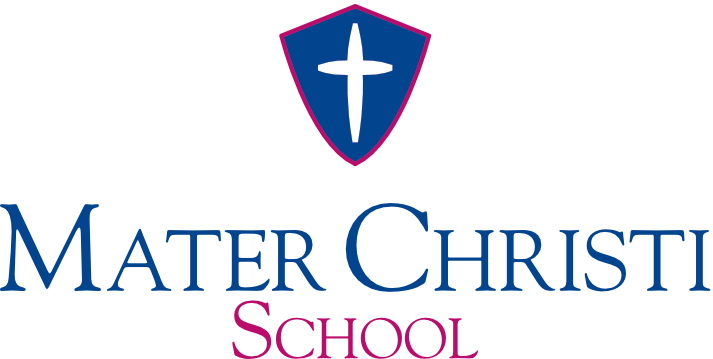 For their end-of-the-year field trip, the 6th grade students visited the Lake Champlain Maritime Museum in Vergennes. The museum is known for hands-on exploration of local maritime history & archaeology, including replicas of working vessels. Specifically, students learned about the revolutionary war, Vermont shipwrecks, and how ship builders constructed boats in the 1800’s.
For their end-of-the-year field trip, the 6th grade students visited the Lake Champlain Maritime Museum in Vergennes. The museum is known for hands-on exploration of local maritime history & archaeology, including replicas of working vessels. Specifically, students learned about the revolutionary war, Vermont shipwrecks, and how ship builders constructed boats in the 1800’s.
For more photos…
